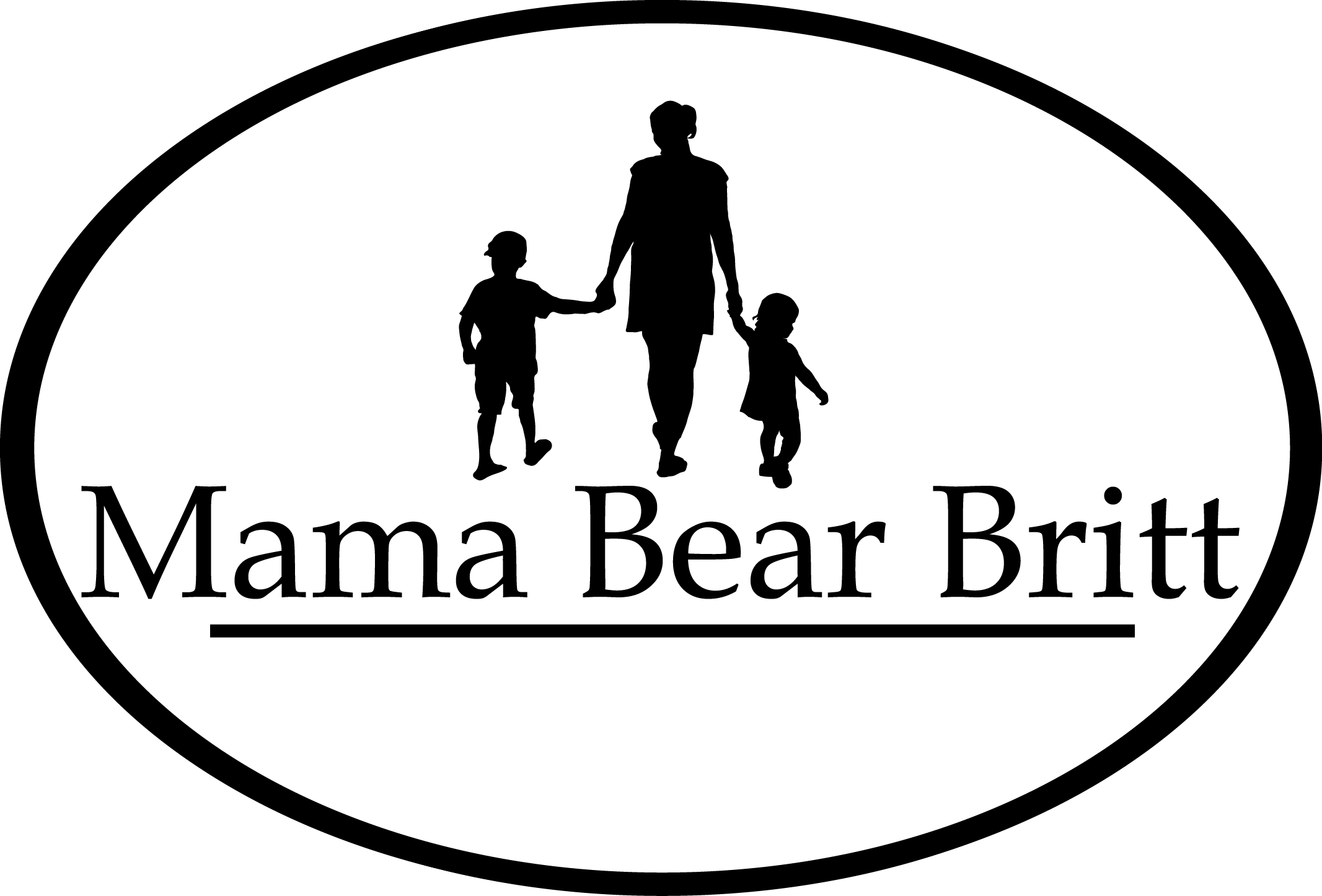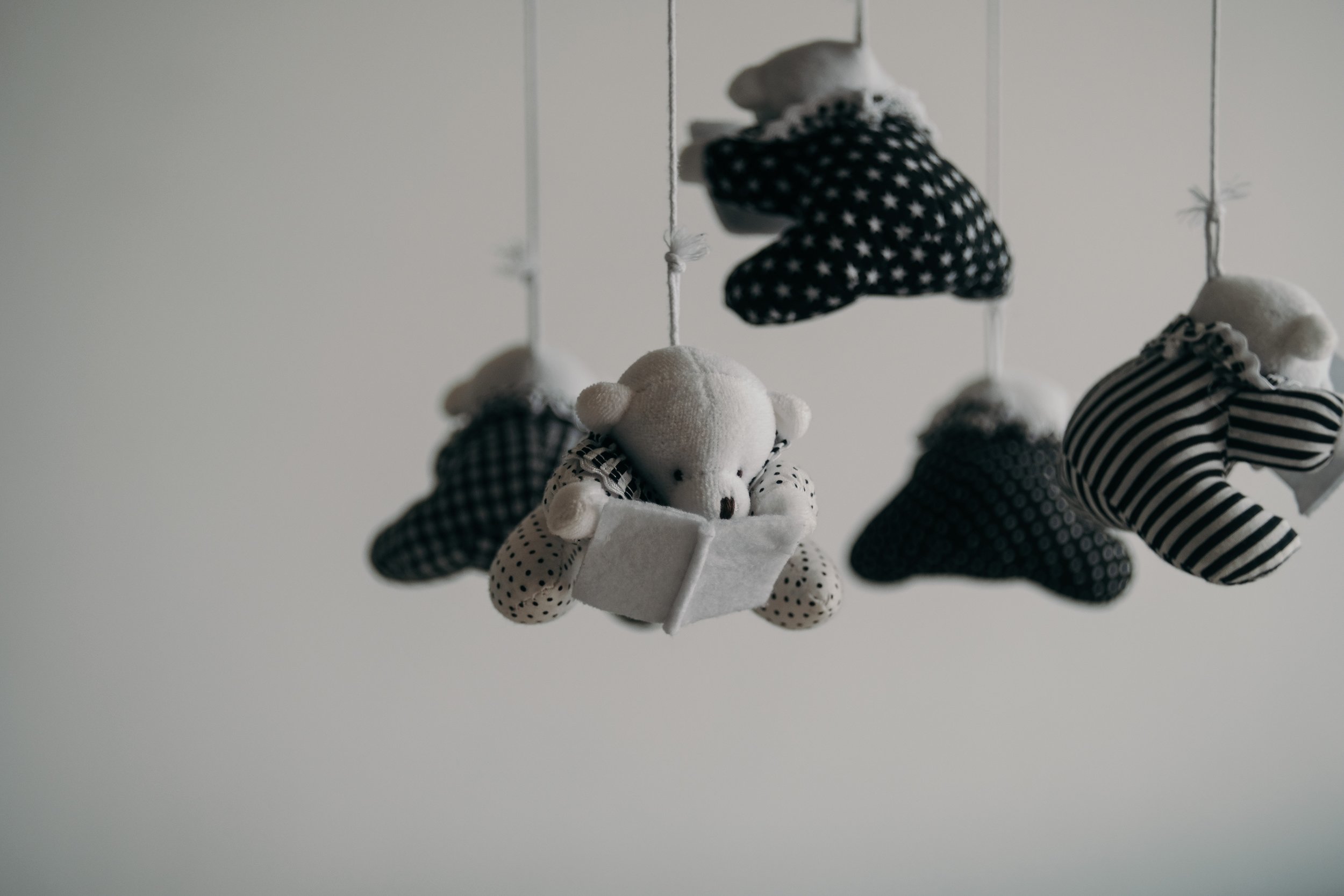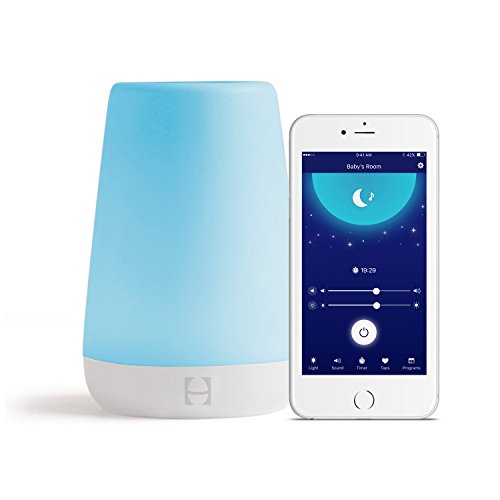Sleep Tips: Baby, Toddler, Preschooler
Sleep Tips: Baby, Toddler, Preschooler
To all the sleep deprived mamas out there looking for any advice that will help get your kids to sleep, I have a few to share. No, I am not a sleep consultant and never claim to be, however, I had a very temperamental sleeper and have learned a few things over the years that were huge game changers. Here are overall and age-specific sleep tips for your newborn, baby, toddler, and preschooler:
General Helpful Sleep Tips: Baby, Toddler, Preschooler
1. Establish a sleep routine early on; bath, story, milk, songs, bed etc.
2. Make sure to not put the baby down asleep! Make sure your baby is nearly sleeping, but not asleep. This is very important in getting them used to be able to fall asleep on their own.
3. Sleep Ques right before bed: Make sure to not have lights low and sound machines on while they are nursing, drinking milk, or listening to a story. You do not want them to associate their sleep ques until they are absolutely ready to sleep.
4. Sleep Training: this is always helpful, but there are a few things to note; 1. Sleep training is an on-going process. Sleep is usually affected when the baby is going through developmental leaps, when they are sick, and when they are cutting new teeth. During the first year of a baby’s life, they are many teeth to poke through and many developmental phases and leaps. Because of this, I do not prefer to sleep train too early. It is also extremely important that your baby has developed the ability to understand mommy and daddy still exists even though they cannot see them. Because of this, I chose to sleep train between 14-18 months old.
Newborn & Baby Sleep Tips:
1. Help them get their days and night situated as soon as possible. With persistence, they should be able to have this sorted out within the first two weeks or so. Do not let baby sleep longer than 3-hour blocks during the day. You want to make sure they save these large sleep stretches for nighttime. You can keep them away every few hours, by waking them up, changing their diaper, feeding them, and active time.
2. Keep them awake during nursing and feeding. This can be tough, but it is important for a few reasons; 1. To make sure they do not associate nursing with sleeping and 2. To make sure they get a full feed so they can last 3 hours. If they fall asleep during nursing, they may not get a full feed, which can create a bad habit of snacking. You can keep them awake by having them a bit undressed, tickling their foot, wiping their foot with a cold cloth etc.
3. It is important to have “active/playtime” after they feed to help keep them awake and to not associate nursing with sleeping. Their active time can consist of story time, songs, cuddling, tummy time etc.
4. Make sure to respond to the baby so they can quickly form strong bonds with their caregiver and be confident that they are always there for them.
Baby & Toddler Sleep Tips:
1. Make sure to maintain a consistent sleep schedule with them and try to introduce a sleep lovie to help with self-soothing. Give them time to self-soothe. It is important for them to learn this skill BEFORE they sleep train. To not rush to them every time they are uncomfortable, let them try and practice self-soothing skills. Please note, never ignore your child. They need to know they have consistent and loving caregivers in their life.
2. Try not to create bad habits with sleep. Experts say it takes 3 days to make or break a habit, if your toddler is having a tough night, try whatever you can to maintain normal sleep schedules to prevent sleep associations you do not want to keep.
3. When it comes time for sleep training, know your baby/toddler’s behavior and make it easy for them. What I preferred to do, was to keep our normal sleep schedule and then to tell them what was going to happen; “after our story, I am going to sing you two songs and then put you to sleep.” Make sure to say good-night before leaving. Give them time to self soothe. Wait a few minutes. To me, it always seemed to make the sleep training process longer, the more I went in there. I would limit my visit to 1 or two times the first few days to touch base with them and ensure them I was there.
Preschooler School Tips:
By this time, most of your children have fully settled into a sleeping routine however, there are still some sleep issues that may arise over time. Our children may experience bad dreams or night terrors, having to potty many times throughout the night or revert to wetting the bed. As our children grow and focus on other cognitive leaps sleep can sometimes be affected. The following are few tips to help with the issues mentioned.
1. Bad dreams & night terrors: If your child is waking up in the middle of the night with a bad dream, talk to them during the day how to handle this. Let them know this happens to everyone and no one enjoys it, however, it is important to remember to open our eyes and look around. When we realize we are safe and warm in our bed, then we can remind ourselves it was just a bad dream and go back to sleep. To help limit bad dreams, limit your child’s sugar intake, especially an hour before bed as well as your child’s screen time. Many of our children become frightened of violent or scary images seen in programs geared towards children. It is important to regulate the stimuli they receive and be present to calmly explain any unusual and or scary images while your child to viewing them.
Night terrors are a bit different than a bad dream. You will know the difference because your child may scream and seen inconsolable during the episode. They can be quite frightening to experience for you, the parent. According to experts, you are not to try and wake the child and you are not to remind the child of the episode the next day unless of course, they bring it up to speak about. What has been shown to be very helpful in preventing night terrors is to wake your child up to disrupt and restart their sleep cycle during the night before the night terror occurs. If your child goes to bed between 7 and 8pm, then wake your child up before you go to sleep, around 10-11pm, to restart their sleep cycle.
2. Potty before bed: Make sure to have your child go potty while they ready themselves for bed, say before or after teeth brushing, then again right before they hop into bed. This second potty break is more of a mental reminder that their bladder is fully empty, and they can go to sleep. Sometimes around the preschool age, your child can become hypersensitive of bathroom needs and need to eliminate what seems like every 5 minutes. Your child may dribble during the night. Rest assured this is only a phase and will pass. If this does happen with your child, put them in large potty-training underwear, not pull-ups, to help absorb any dribbles.
3. Books & nightlights: Adding a self-controllable nightlight next to my daughter along with books was the best addition to our nighttime routine. Even though we read a book before bed as a part of our bedtime routine, adding books for her to look at was extremely helpful in allowing her to calm herself ready and prepare for bed. We limited it to 3 books before bed and her nightlight, although can be controlled by her, also is on a 15-minute timer and will shut off automatically. This is all the extra time she needs and is always asleep before the light shuts off automatically.
4. Bedtime ritual: Lastly, my daughter was having trouble on some nights letting me leave the room after I tucked her into bed; it was always one more thing…We came up a “secret” goodnight handshake which solidifies the end of our routine. Now, every time we do our “secret” handshake before bed, I am always able to walk out the door. The point is, having a solid routine and or ritual that your child can predict and know exactly what comes next is crucial in smooth transitions.
How about you? What has been your best sleep tip or trick? I would love to hear your suggestions and thoughts in the comments below.
Want more parenting tips or preschool/toddler activities? Subscribe for related articles. Follow Mama Bear Britt on Instagram, Facebook, and Pinterest!








